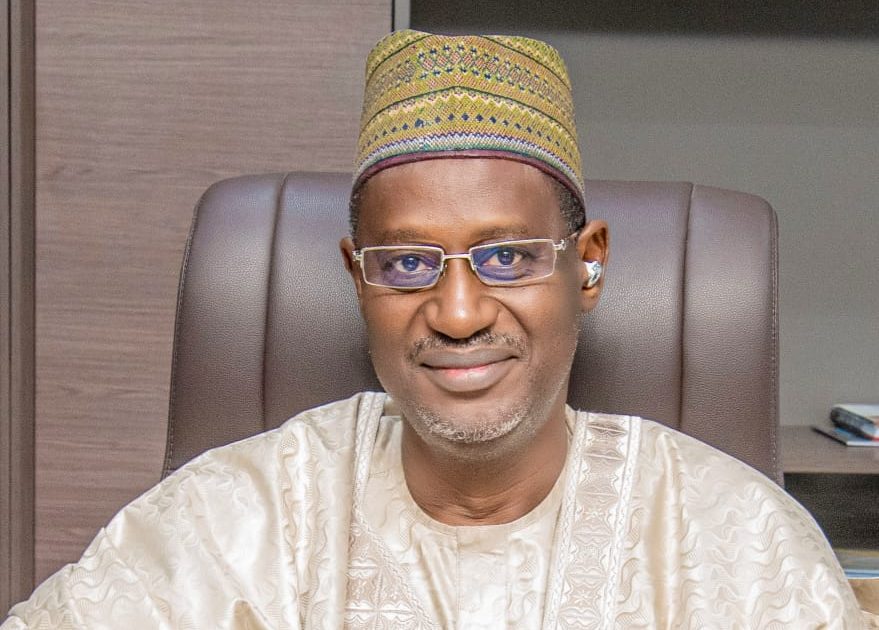The Federal Ministry of Housing and Urban Development (FMHUD) has unveiled an ambitious initiative, the Renewed Hope Medic Cities, aimed at constructing 10,000 housing units specifically designed for healthcare professionals across Nigeria. This significant undertaking recognizes the critical role played by healthcare workers and seeks to alleviate the housing challenges they frequently encounter, especially in densely populated urban centers. The project is a collaborative effort involving the FMHUD, the Real Estate Developers Association of Nigeria (REDAN), the Federal Ministry of Health, and the Federal Mortgage Bank of Nigeria (FMBN), leveraging a public-private partnership model to maximize resources and expertise. The announcement, made by Housing Minister Ahmed Dangiwa during a meeting with the Nigerian Association of Resident Doctors (NARD), underscores the government’s commitment to improving the welfare of healthcare workers and ensuring they have access to decent and affordable housing.
The Renewed Hope Medic Cities initiative directly addresses a long-standing concern within the healthcare sector: the difficulty medical professionals face in finding suitable accommodation, particularly in urban areas where the demand for housing significantly outstrips supply. This often leads to long commutes, increased financial burdens, and added stress for healthcare workers already dealing with the demanding nature of their profession. By providing dedicated housing units located near medical facilities, the initiative aims to reduce these burdens, improve the quality of life for healthcare workers, and potentially enhance the overall efficiency and effectiveness of the healthcare system. This strategic approach also has the potential to attract and retain healthcare professionals, addressing the issue of brain drain within the sector.
The collaboration with REDAN, a key player in the real estate development sector, brings crucial expertise and capacity to the project. REDAN’s involvement ensures adherence to industry best practices and facilitates the efficient and timely delivery of high-quality housing units. The participation of the Federal Ministry of Health highlights the inter-ministerial collaboration necessary to address complex challenges within the healthcare system. This joint effort demonstrates a holistic approach to improving the working conditions of medical personnel. Furthermore, the involvement of the FMBN, a specialized mortgage institution, streamlines the financing process and makes home ownership more accessible for healthcare workers. This collaboration ensures a sustainable and financially viable approach to the project’s implementation.
The public-private partnership model adopted for the Renewed Hope Medic Cities initiative demonstrates a strategic approach to leveraging resources and expertise from both the public and private sectors. This model fosters innovation, efficiency, and cost-effectiveness, maximizing the impact of the investment. By partnering with private developers, the government can leverage their expertise in project management, construction, and marketing, while also sharing the financial burden. This collaborative approach also allows for greater flexibility and responsiveness to market dynamics, ensuring the project remains aligned with the evolving needs of healthcare workers. The shared responsibility inherent in this model fosters a sense of ownership and accountability among all stakeholders.
The Renewed Hope Medic Cities initiative holds the potential to significantly improve the living conditions and overall well-being of healthcare professionals in Nigeria. By providing access to affordable and conveniently located housing, the initiative aims to reduce the financial strain and stress associated with finding suitable accommodation in urban areas. This can lead to increased job satisfaction, improved morale, and enhanced retention rates within the healthcare sector. The project’s focus on urban centers, where medical facilities are concentrated, also has the potential to improve access to healthcare services for the wider population, as healthcare workers will be more readily available and less burdened by long commutes.
Beyond the immediate benefits for healthcare workers, the Renewed Hope Medic Cities initiative also contributes to the broader national development agenda. Investment in housing infrastructure stimulates economic growth, creates jobs, and improves the quality of life for citizens. The project’s emphasis on sustainable and environmentally friendly construction practices further aligns with national goals for sustainable development. By addressing the housing needs of a critical workforce, the initiative strengthens the healthcare system and contributes to a healthier and more productive nation. This strategic investment in human capital demonstrates the government’s commitment to improving the lives of its citizens and building a more resilient and prosperous future for Nigeria.


